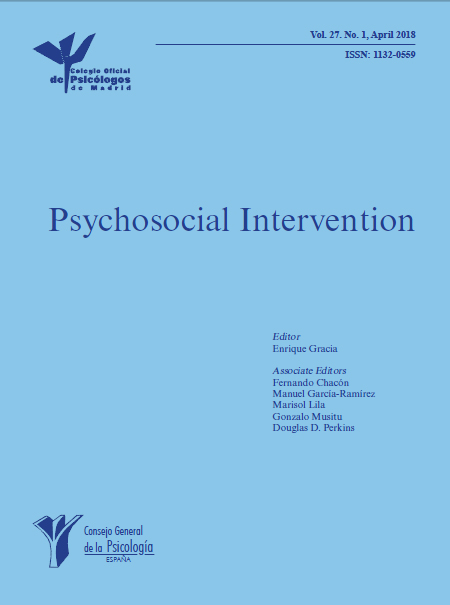
Is miss sympathy a credible defendant alleging intimate partner violence in a trial for murder?
[Is miss sympathy a credible defendant alleging intimate partner violence in a trial for murder?]
Antonio Herrera; Inmaculada Valor-Segura; and Francisca Expósito
Abstract
Current research has postulated that judicial inferencing and judgement-making are subject to biased appraisals. This study assessed the factors reported in the literature associated to the appraisal of criminality in a mock case of a battered woman standing trial for murdering her husband, and who pleaded legitimate self-defence in response to an instance of intimate partner violence. A nationwide sample of 169 police officers from different cities in Spain freely volunteered to participate in the study. Using a mock trial design, the defendant´s prototypicality (prototypical vs. non-prototypical), and physical attractiveness (attractive vs. unattractive) were manipulated. Participants were required to assess the criminality (credibility, responsibility, and controllability) of a battered woman accused of murdering her husband, and who alleged legitimate self-defence in response to an incident of intimate partner violence. The results showed that a defendant perceived as the prototype of a battered woman was judged as having less or no control of the situation; physical attractiveness increased the perception of the defendant´s responsibility in committing the crime; and an interaction between prototypicality and attractiveness in assigning credibility to the defendant´s testimony. Moreover, hostile sexism mediated the relationship between the defendant´s prototypicality and controllability. The results are discussed in terms of their implications for judicial judgement making in cases of battered women who kill their aggressors.
Resumen
Copyright © 2026. Colegio Oficial de la Psicología de Madrid















